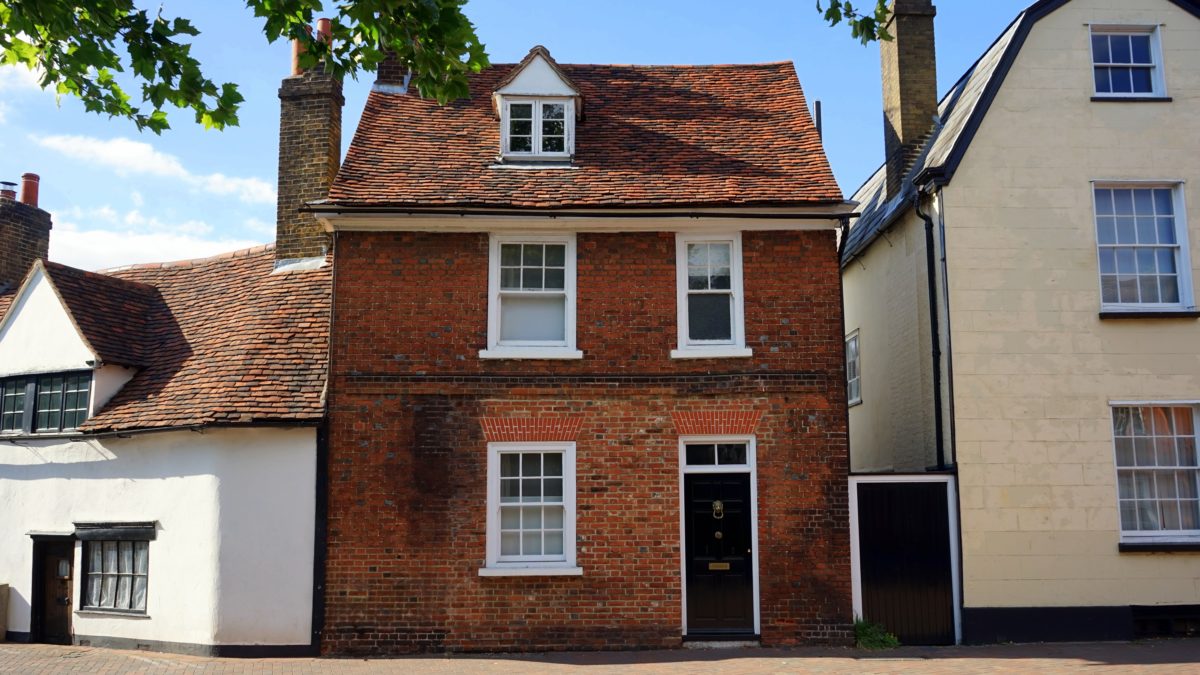The buy-to-let market has faced a fair few obstacles in recent months. Increases in property taxes plus volatile property values have impacted how people view the profitability of the buy-to-let market. As a result, this has left many existing and would-be property investors asking: is property still a good investment?
In this article, we explain why: Yes. Buy-to-let property is still a good investment. But we’ll also highlight what you need to know in order to continue generating the best yields possible.
Why buy-to-let is still a good investment
Despite the shakeup in the buy-to-let property market, there are still many reasons why buy-to-let property is still a good investment. For example, low property prices and a growing rental demand in the UK’s northern cities and towns offer buy-to-let investors the opportunity to generate some exceptional yields. Equally, growing student cities provide an ever-green demand for rental property in some of the UK’s most up and coming cities.
This much is clear: bricks and mortar is still an extremely viable investment option.
In fact, buy-to-let property remains the UK’s most popular type of investment. A survey by specialist bank Aldermore recently reported that more than four out of ten UK landlords expect the private rented sector to grow, while 17% are planning on expanding their buy-to-let portfolio.
So, although it’s been a turbulent year for the buy-to-let property market, it’s clear that the general appetite for investment property isn’t diminishing. Furthermore, positivity in the buy-to-let market continues to thrive, despite the upcoming tax changes.
Property Tax changes: What is the Section 24?
Section 24 is the recently implemented property tax that has the potential to reduce landlord’s profits when investing in buy to rent property.
Until April 2017, landlords could deduct all of their mortgage interest payments before calculating their tax bill. This meant they would be taxed on their profits rather than their overall turnover. With the majority of landlords being on interest-only mortgages, this meant their savings could be significant, resulting in more lucrative yields.
However, this is set to change. When investors file their returns for the 2017-18 tax year, due by 31 January 2019, they will only be able to claim tax relief on 75% of their mortgage interest. They will get a 20% tax credit on the rest of their mortgage interest payments. In the following year, the relief will only be available on half of their interest, and they’ll get the 20% credit on the rest.
Buy-to-let Market Remains Positive
Despite these changes to the tax regulations, it’s important to note that, only 8% of landlords surveyed plan to reduce their property portfolios as a result of the government’s changes.
“It’s positive news to note that landlords are not being put off by the tax implications initiated by the Government,” said Phil Mulroney, operations director at Fitzwilliam Capital Partners.
“At Fitzwilliam we have certainly not seen our clients being put off by the opportunities we have available.”
Phil continued, “The appetite is of course there – providing the opportunities available are in up and coming areas, the product is suitable to the local market and of course – that the yield works.
”Maintaining Buy-to-Let Profits: Switching to a Limited Company
As well as focusing on investment property in buy-to-let hotspots where higher yields are more likely, many landlords have started to purchase buy-to-let properties through limited companies as a way to avoid losing profits.
That’s because owning a rental property through a limited company allows landlords to continue to claim tax relief on mortgage relief, therefore maintaining their profits on buy to rent investments.
As reported in the Financial Times, specialist lender Kent Reliance has reported that more than seven in ten buy-to-let applications for house purchases were made via limited companies rather than individuals in the first nine months of 2017, up from 45 per cent in 2016.
For many buy-to-let investors, this could be the workaround that’s needed to continue profiting from property investment. Combined with investing in property located in up and coming hot spot areas – it’s clear that there’s still a huge amount of potential when it comes to buying investment property in the UK.
Invest with Fitzwilliam Capital Partners
At Fitzwilliam Capital Partners we can help you get the most out of your investment property. Not only are we fully up to date with the buy-to-let market, but we’re constantly going above and beyond to develop properties that deliver outstanding yields for both us and our investors.
So, whether you’re an experienced investor who’s looking to add to your portfolio or looking for your first investment, our knowledgeable team can help you find the ideal property at the right price.
Get the most out of your property purchase. Contact us today to learn about how we can help you find an exciting investment property in the UK.
